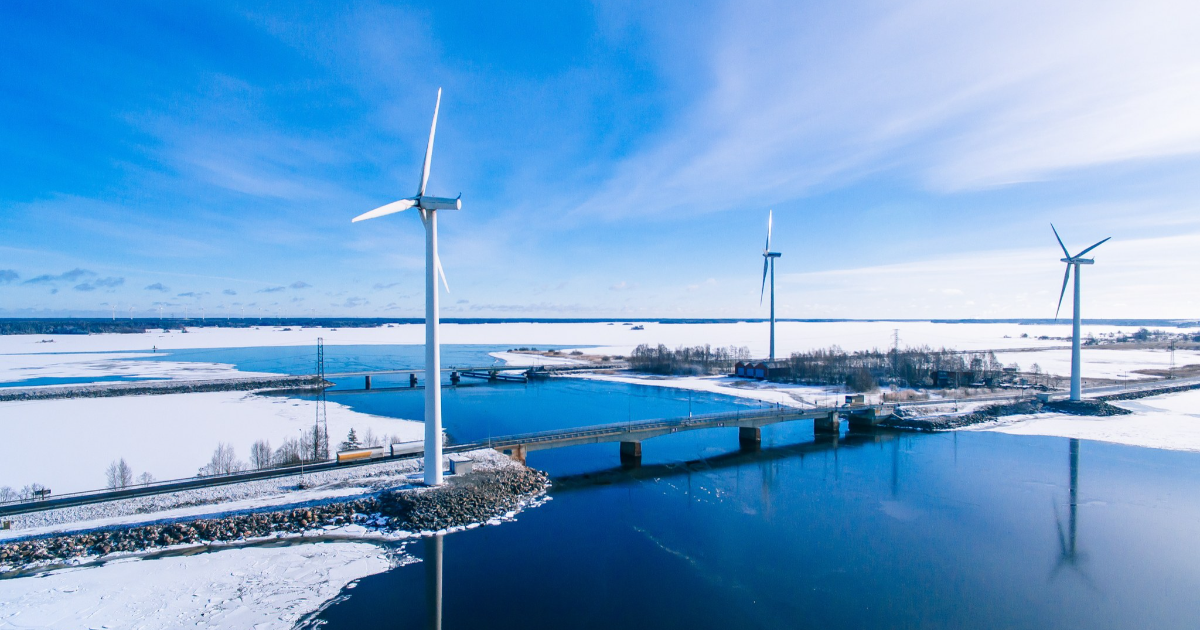Transition to alternative power sources in transport calls for changes in energy supply and distribution

On 1 April 2022, the Ministry of Transport and Communications organised a round table to discuss the ongoing energy transition. The topics of the discussion were the challenges and opportunities presented to the energy system by the increased use of alternative sources of power in transport.
Stakeholders' views were heard on the transition of power sources in the transport sector, where the aim is to replace, to an increasing extent, fossil fuels with electricity, biofuels and hydrogen. From the perspective of the energy system, ensuring its functioning on the one hand and securing the production and availability of alternative fuels on the other play a key role.
In recent years, the electrification of transport has progressed considerably faster than expected. In 2021, the amount of electric cars and plug-in hybrids of all passenger cars registered for the first time increased to more than 30%. Almost 70 per cent of new cars purchased as employer-subsidised cars were fully electric cars or plug-in hybrids.
"The use of electricity in transport will reduce both greenhouse gas emissions and energy consumption. In Finland, the sufficiency of electricity supply does not limit the wider spread of electric cars. We need a smart charging system that evens out consumption peaks," says Minister of Transport and Communications Timo Harakka.
In Finland, the target set for 2030 is 700,000 electric cars and around 6,600 heavy goods vehicles. They would consume approximately three terawatt hours of electricity a year, which would correspond to an increase of approximately three per cent in electricity consumption a year.
"Russia's invasion of Ukraine further accelerates our need to phase out fossil fuels. Today, the ministerial group decided on an additional allocation of EUR 20 million for gas and electricity-powered heavy goods vehicles. The aim is to strongly increase the supply of biogas and promote the production of world-class electric fuels," says Minister Harakka.
In May 2021, the Government adopted a resolution on a Roadmap for Fossil-Free Transport, which lists actions to reduce the greenhouse gas emissions from road transport. The objective is to halve emissions from transport by 2030 compared to the level in 2005 and to achieve zero emissions by 2045. Road transport accounts for 95 per cent of emissions in domestic transport.
The European Commission has also proposed a number of new legislative initiatives to reduce emissions. If implemented, the EU-level measures in the transport sector would help Finland reduce transport emissions. Negotiations on the initiatives of the EU's climate package, i.e. the Fit for 55 Package, are currently under way in the EU Council and EU Parliament.
Representatives from the following organisations were invited to the round table discussion: Aalto University, ABB, Association of Automobile Industry in Finland, Finnish Energy (ET), Fingrid, Helen, Kempower, Finnish Real Estate Federation, Korkia Consulting, Virta, LUT School of Business and Management, Recharge Finland, Finnish Biocycle and Biogas Association, Sähköautoilijat (association for electric car drivers), Sähkötekniikan ja energiatehokkuuden edistämiskeskus STEK (association for promoting electrical engineering and energy efficiency), Technology Industries of Finland, Ministry of Economic Affairs and Employment, Hydrogen Cluster Finland, VTT Technical Research Centre of Finland and Ministry of the Environment.
What's next?
The implementation of the three-phase Roadmap for Fossil-Free Transport is under way. Transport measures will also be outlined in the Medium-term climate policy plan (KAISU), which will be submitted to Parliament as a report in spring 2022.
Inquiries:
Johanna Juselius, Special Adviser to the Minister of Transport and Communications, tel. +358 295 342 141, [email protected]
Sabina Lindström, Director General, tel. +358 40 527 6103, [email protected]
Päivi Antikainen, Director of Unit, tel. +358 50 382 7101, [email protected]
Press release, 25 January 2021: Transport emissions can be halved by 2030 through national and EU measures
Press release, 17 November 2021: Forum for fossil-free transport focused on distribution infrastructure for electricity, gas and hydrogen
Gateway to Information on Government Projects: Roadmap for fossil-free transport (LVM050:00/2019) (in Finnish)
Institutional Repository for the Government: Roadmap to Fossil-free Transport: Government Resolution on the reduction of greenhouse gas emissions from domestic transport. Publications of the Ministry of Transport and Communications 2021:15



